This might at first seem like a contradiction, because such a mystic experience happens in a place beyond the borders of our everyday world. It happens in Hadewijch’s ‘eye of love’. But we cannot remain in such a world. The intensity would be unendurable, because we are not meant to be in such a place for any extended length of time. It is not our world: it is, as it were, the realm of the gods. Our natural world is the world of our everyday reality, and it is that world through which we have to navigate our way. It is Hadewijch’s ‘eye of reason’. It seems like our ‘natural world’. But is it really?
Hadewijch reassures us that these realms are not separate, but the two ‘eyes’ which give the soul its vision, because the soul has a place both in the earthly world and in the world of the spirit. But are these two places equal? If we can manage to let go of the familiar borders which we use to define our world of experiences (and it takes an effort!), to let go of all those things which our upbringing, our education, our social habits, have formed around us like a shell which has been hardening since the innocence of our childhood, then we shift inside ourselves towards a realisation that ultimately, all is contained within the realm of the Spirit, within the Divine.
We are fortunate that such mystics as Hadewijch, Beatrijs of Nazareth and Theresa of Avila were gifted enough to articulate their experiences through their writing, and Hildegard of Bingen also through her paintings and her music. We have these riches to inspire us, even if we ourselves have not reached into the places which they did. But Hadewijch also recognised that the road which she called the road of ‘geestelijke minne’ – of spiritual courtly love – is one of uncertainties, of doubts, and can only be trodden in the complete trust and faith which comes with surrender to the Spirit. But she also knew that such a road, once committed to, would lead her further than were she only to allow herself to see with one eye – with the eye of reason.
He who wishes to serve love sublime
must serve with unbounded zest
and suffer in every season and time
if he is to thrive and be blessed
by the knowledge of love ever growing
and in love overflowing,
that stole his heart, his reason, his rhyme.
To serve love in new seasons would
be new indeed – that noble art
few will embrace: few feel they should
find out what true love can impart.
Never will those cruel strangers know
how the season that I’ve longed for so
has stolen my heart.
Hadewijch



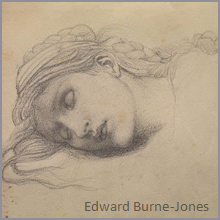

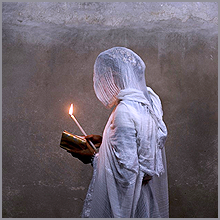
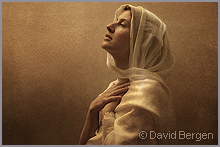
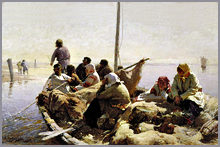
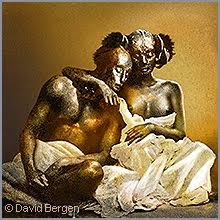
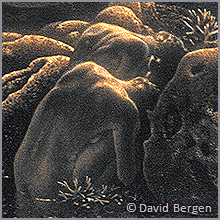

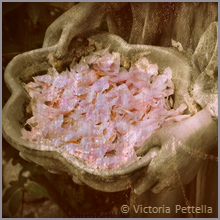
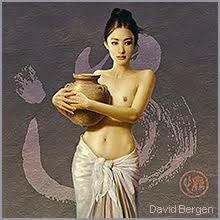

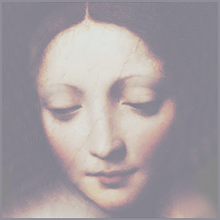
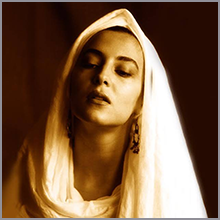
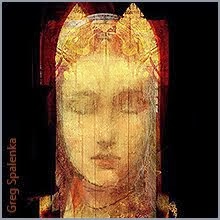
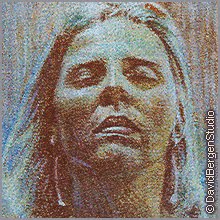











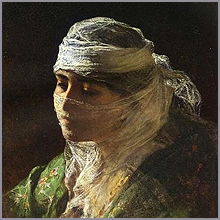


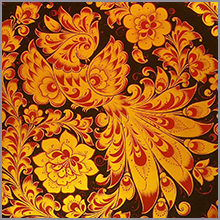

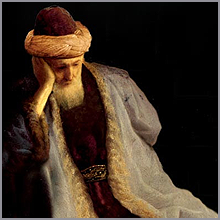
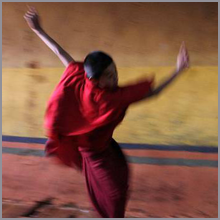




Thank you for sharing your comments and thoughts on the mystic Hadewijch. I was not aware of her so this is a wonderful introduction. I greatly value your insight when you state: "If we can manage to let go of the familiar borders which we use to define our world of experiences (and it takes an effort!), to let go of all those things which our upbringing, our education, our social habits, have formed around us like a shell which has been hardening since the innocence of our childhood, then we shift inside ourselves towards a realisation that ultimately, all is contained within the realm of the Spirit, within the Divine." The oneness of truth is so beautifully conveyed here. Thank you!
ReplyDeleteThank yóu, dear Joseph!
ReplyDeleteBeautiful, thank you so much.
ReplyDeletePatrick, I apologize for my belated response... thank you very much! ♥
Delete